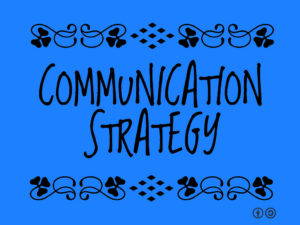Be Effective with the Four Communication Basics
There’s not one ‘best’ way to communicate with your Teams, but rather a number of different ways. That being said, apply some fundamental communication options on most projects. Before you get too sophisticated with your approach to communication, make sure you know and use these fundamentals very effectively.
1. Status Meetings
Nothing communicates more effectively with your teams than a good status meeting. Early in the week, such as Monday or Tuesday, appears to be the best time for a group meeting. Ensure that expectations for the week are set. Therefore, the meeting will purpose to align everyone, address any issues or obstacles, and resolve them. Use this opportunity as a manager to address the needs of the group. Especially make sure everyone is on the same page.
2. One-on-One Meetings
One-on-one conversations with individual team members quickly become great opportunities to manage your teams. This type of conversation takes various forms. Set up to coach/mentor team members who may be new or have minimal experience. As a result, regular weekly or bi-weekly meetings become good habits. For experienced team members, perhaps once or twice a month would be appropriate.
One-on-one meetings keep your pulse on team members. They also allow for a more confidential discussion which would be inappropriate at a team status meeting.
3. E-Mail
Maybe in ten years email will be obsolete. However, for now, email remains indispensable for most teams. Some of the uses for email includes one-on-one or group discussions, one-way notifications, fyi’s, decision-making, problem solving, etc. It can dramatically impact your ability to manage staff and engage stakeholders.
Be mindful that email may take the place of face-to-face meetings. Therefore, keep the personal meeting as a viable alternative. It’s easy to go down this path feeling that it’s faster or less complicated than talking in person. However, email should always be in addition to, not instead of, speaking to your team in person.
4. Reports
Reports cover a lot of ground – status reports, performance reports, issues reports, safety reports, etc. You may not typically think about reports as a way to manage your teams. However, if you create your reports in the right way, they can be a useful tool.
What is the right way to create reports that can help manage your team? Make them actionable. Making a report actionable means that someone can read the report and then know what needs to be done next. Unnecessary details or information that could lead to confusion only muddle a report. Be clear and concise.

